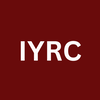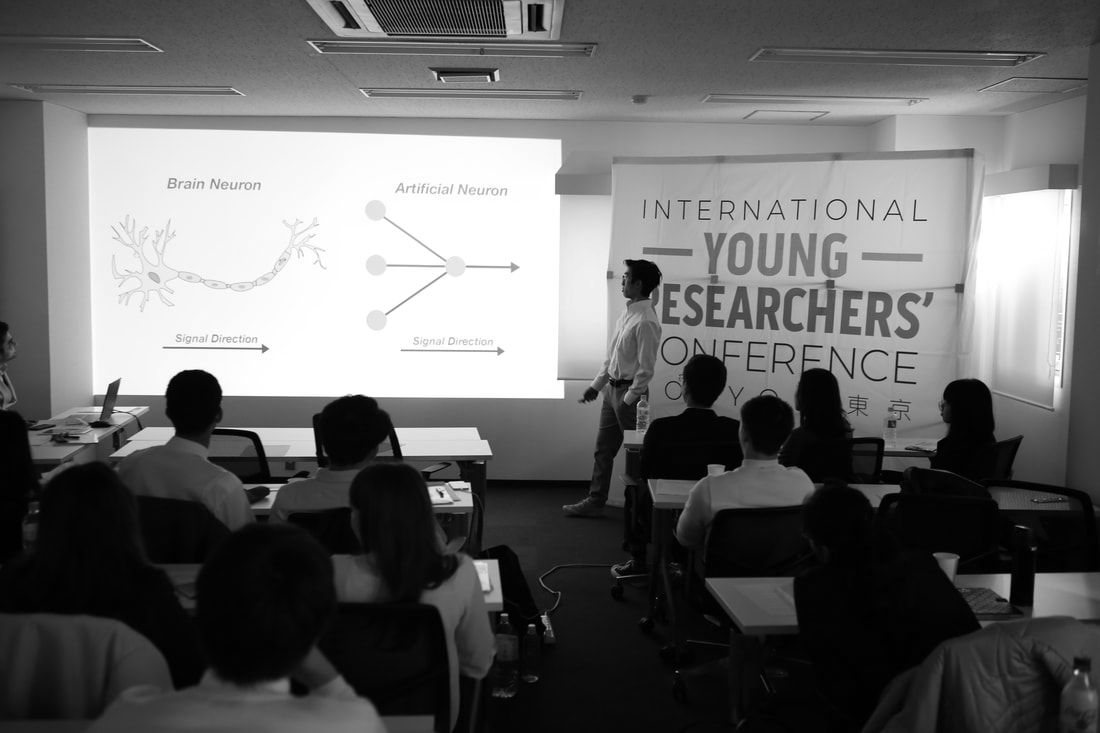IYRC events At a Glance
|
SPEAKERS
We are proud to have prominent leaders and innovators in global health speak on diverse topics. |
PRESENTATIONS
Students present their research, case study analyses, narratives, and community projects. |
NETWORKING
Students have opportunities to interact and network with others from diverse backgrounds around the world. |
|
Research
Submit your original academic research for an oral presentation and for publication in our conference proceedings. |
Community Projects
Present your original, evidence-based initiative to improve your community. |
|
Harvard Alumni Essay Contest
Analyze a global health issue in an essay competition hosted by a Harvard Alumni Special Interest Group |
Narrative Presentations
Capture stories in a medical context by sharing patient and community voices. |
|
Speakers
Engage with prominent leaders and innovators as they speak on diverse topics in medicine and academia. |
Summer Program
Learn the fundamentals of medicine and research from our team at Columbia University physicians and academics. |
Mission
|
Our mission is to provide an avenue for high school researchers to present their breakthroughs with their peers and the wider community. We strive to build an international network of driven students, mentors, and leaders in research. The IYRC is interdisciplinary by design: our conference allows for collaboration and connection between fields.
The IYRC encourages students to tackle issues in their local community by conducting evidence-based, cost-effective interventions that are impactful, sustainable, and reproducible initiatives. The conference hopes to help students make a difference and grow as civically minded leaders for the future. Learning outcomes are bidirectional, fostering interdisciplinary and intergenerational collaboration between mentees and mentors. |
Community ProjectsThe International Young Researchers' Conference has had many amazing projects over the years that were able to support individuals in diverse communities. Each year, we are greatly impressed with the projects that our students conduct. Students lead an evidenced-based and cost-effective project to tackle an issue in their local community through an impactful, sustainable, and reproducible initiative. They are paired with current university students who act as project mentors to help guide students. The topics and interventions vary widely from fundraising, volunteering, and raising awareness on health issues to hosting workshops, creating programs, and improving health access for others. Students then produce a well-documented report about the intervention.
To advance community care, community members must not only just perform research but also communicate this effectively with their peers and the public. The published reports often give students their first experience of the review process. This offers students the chance to get recognition for work that may otherwise go unpublished. It also helps students develop their skills in academic writing as a stepping stone for future endeavors. |
Narrative PresentationsThe Narrative Presentations expand to the medical humanities to understand and share the stories of others. The goal is to capture the story of others in a health/ medical/ public health context. Examples include creating a documentary about family experiences with a medical condition such as cancer or mental health, or capturing the voices of those impacted.
Students can choose any health topic. This can be an affliction you might associate with a hospital or even issues related to social determinants of health. It can be related to physical, mental, or social wellbeing.
|
Vision Scholars
A select group of returning IYRC students can become VISION Scholars. They facilitate the student experience and provide insight into curriculum that would appeal to students. Students check-in with their peers and act as a resource for other students in the program. VISON Scholars are recognized with an honor at one of the conferences. Interested students will have an opportunity to apply following each conference.
Vision Scholar Components:
Vision Scholar Components:
- Lead sustainable initiaves within the IYRC platform
- Work alongside the IYRC Directors leading up to the next conference
- Serve as a peer resource for your fellow student researchers




